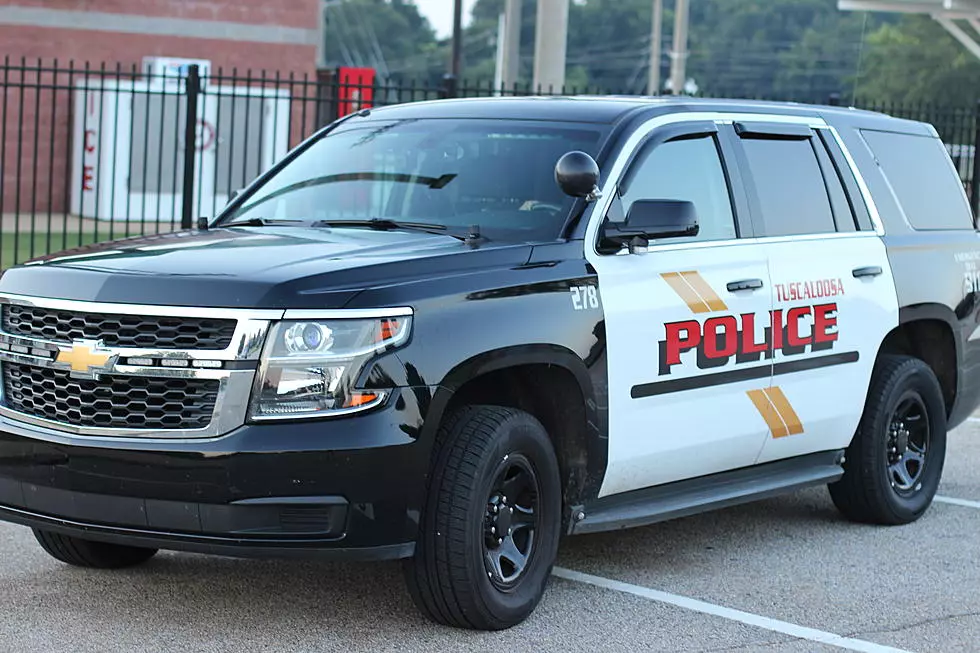
TPD to Expand Behavioral Health Unit as Mental Health Calls Rise
The COVID-19 pandemic has left its mark on people across the globe.
From lockdowns, curfews, job insecurity and a 4% unemployment rate for the state of Alabama according to the U.S. Bureau of Labor Statistics, the pandemic has affected more than just people's physical well-being.
One way that Tuscaloosa is seeing that effect is with a drastic uptick in mental health calls. According to the Tuscaloosa Police Department Facebook page, the department answered 659 mental health calls in 2020, doubling the total from last year of 334 calls in 2019.
"You've got more people in isolation, you have a lot of people quarantined and that's bringing anxiety levels up," TPD Supervisor of the Behavioral Health Unit, Sgt. Daniel Parker said. "It also restricts some services that people are used to getting and some people are apprehensive about coming in to receive their services. So you roll all of that together and you partner it up with mental illness that's already present, and it starts turning into more of these crisis type situations which is what the police typically get called in for."

With the start of the new year, the trend of high mental health calls has remained inflated. In January, the department recorded 62 calls involving someone with a mental health concern and 22 involving a suicidal person. Parker said that at that rate, they are forecasting around 1,000 calls involving mental health concerns.
As a result of the stark rise in calls, the department has turned its focus to bolstering its new Behavioral Health Unit. The new unit was created in January with Parker overseeing a group of five officers in the department.
For the Auburn University alumna and 10-year veteran on the force, gaining a better understanding of human psychology has helped him be a better police officer.
"Once I became a police officer, following in my father's footsteps, I took a class in CIT principles back in 2012, and use some of the principles and tactics that I learned there in my normal everyday patrol capacity," Parker said. "It's all great benefits not only in crisis calls but in just our everyday mundane, run of the mill calls. You learn a lot of tools that you're able to use on the street and it's helped me throughout my career."
Parker hopes that the department will be able to train and CIT certify as many as 30 officers by the end of 2021.
"Expanding the Behavioral Health Unit is a priority for the department," TPD's Public Information Officer, Stephanie Taylor, said. "Our job is public safety – getting someone medical attention, therapy, counseling, medication or just listening to them and understanding what they’re experiencing is safer for everyone."
Top Stories From The Tuscaloosa Thread (1/25 - 1/29)
More From Tuscaloosa Thread









